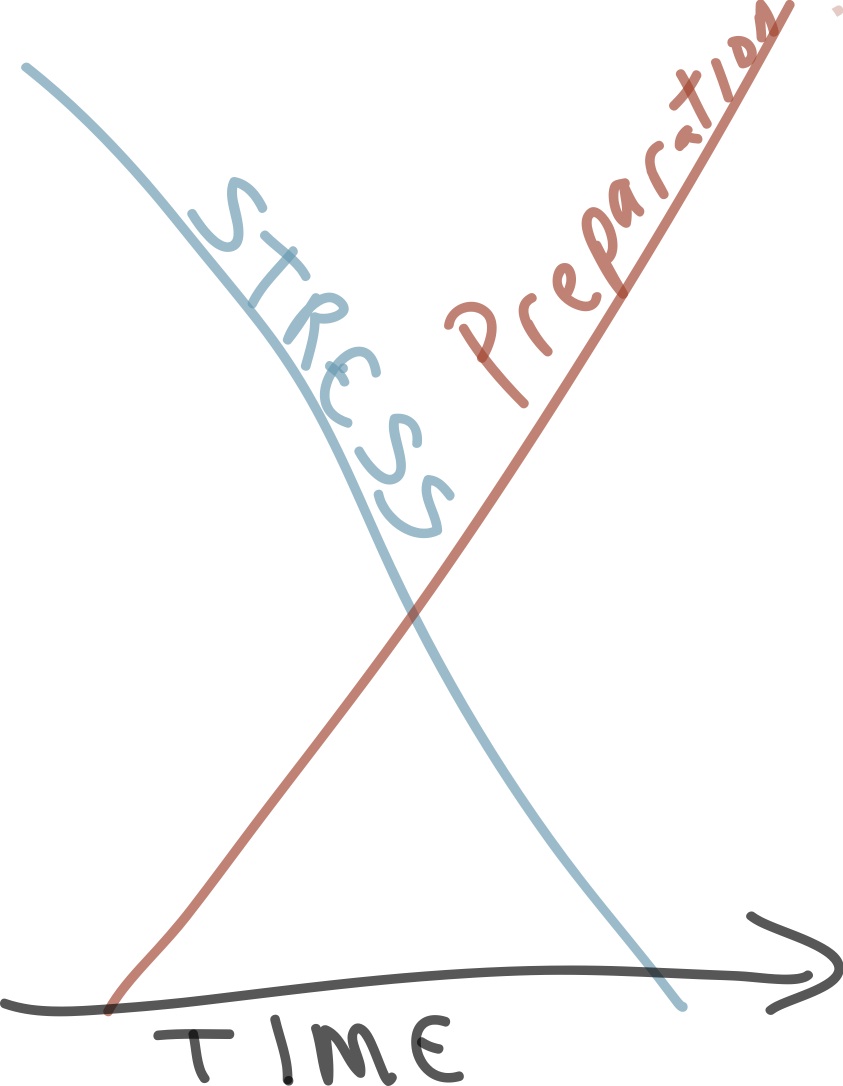This week I’m trying to stir some conversation about mentoring. There appears to be growing interest in the subject. Most recognize they have some need for mentoring in their life. I’ll share my survey on mentoring with you soon. If you haven’t yet, go HERE and take the survey. It takes less than 5 minutes.
I posted HERE about the 5 types of mentors I’ve experienced. The most frequent question I receive about mentoring, however, is what to do with a mentor; how to structure the relationship. I think much of that depends on the type of mentoring relationship, but most people are referring to a more intentional or seasonal mentoring relationship…something that is more formal and planned.
Perhaps this will be helpful. If you are looking to start a mentoring relationship, after you’ve a mentoring relationship has been agreed upon, consider these questions together:
Why? – This question may need to be partially answered before the relationship is established, but especially before you go very far into the mentoring process. Why are you meeting? What value do you see this relationship being in your life? What do you hope to accomplish? What is missing in your life that the mentor can help you discover? What is in the mentor’s life you hope to emulate?
Who? – It needs to be clear who is responsible for coordinating the meetings. Personally, I think the one being mentored should assume most of this, but I’ve had it happen both ways. My current mentor is semi-retired so he takes more initiative in scheduling meetings. The expectations of the time together and who communicates the schedule should be understood by both parties or the mentoring relationship will likely stagnate. This is made easier when the meeting times are more structured.
When? – Develop a schedule of when you will meet. I have had weekly 6 AM meetings, lunch meetings once a month, and quarterly half-day mentoring relationships when the mentor lived in another city. A regular and established routine, plus answering the other questions here, seems more important to me than the frequency of the appointments.
What? – At the beginning of a mentoring relationship the activity may simply be to work on developing the relationship. In my experience, it’s rare to already have a solid, intimate relationship with a mentor. Intentional or seasonal mentors are usually people I want to learn from that I don’t already know well. It is equally important to decide early in the relationship what you are going to do together. This is where you develop the structure you hope to use. It could be as simple as hanging out together or as formal as a Bible study you do together. Much of this should be determined by the time demands of the mentor and the one being mentored and what you hope to achieve together. I’ve done some of each of these, but one thing, which has worked for some of my mentoring relationships, was when the person being mentored comes with questions, concerns or issues prepared for the mentor. This honors the mentor’s time and most mentors, as he or she has little preparation time, so regardless of how busy they may be, many mentors are willing to work with this type structure.
How long? – I believe it’s important on the front end to establish a reasonable expectation as to how long the mentoring relationship will last. It could be a year, 5 years, or a lifetime commitment, but in my experience, there comes a time when a new mentoring relationship is needed. I think it’s healthy to have numerous mentoring relationships throughout our adult life. Changing mentors often brings different perspectives and keeps relationships from growing stale. Plus, just being honest, some mentoring relationships don’t work or the two people don’t mesh well. Recognizing this early in the relationship and having discussed an ending date keeps things from becoming awkward later. You can always extend the time if it’s needed and both parties agree.
I know the next question also…Where do I find this mentor? I’ll share more on that in a future post.
Do you have any other helpful hints to help people know what to do with a mentoring relationship?






These are some key points every person needs to know when looking for a mentor. I'm starting to be mentored by a Senior HR person. Because this is an area I would like to move into. Are first time meeting is this week so we plan on laying down a plan for our meetings. Which I believe will maximize our time together.